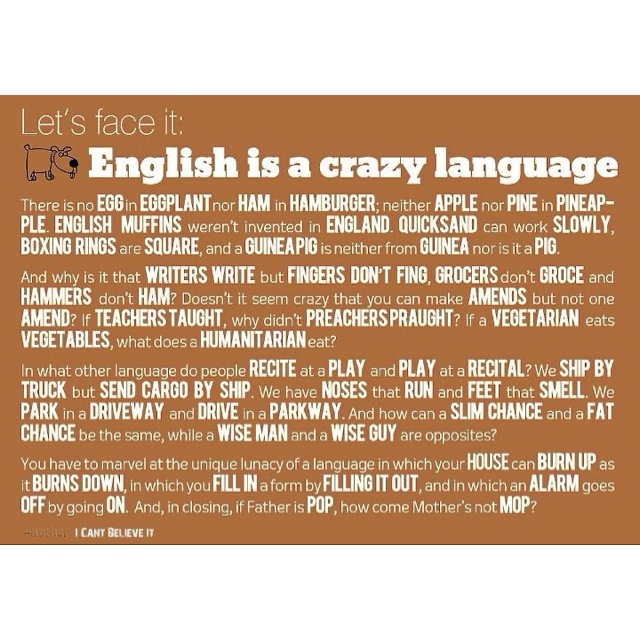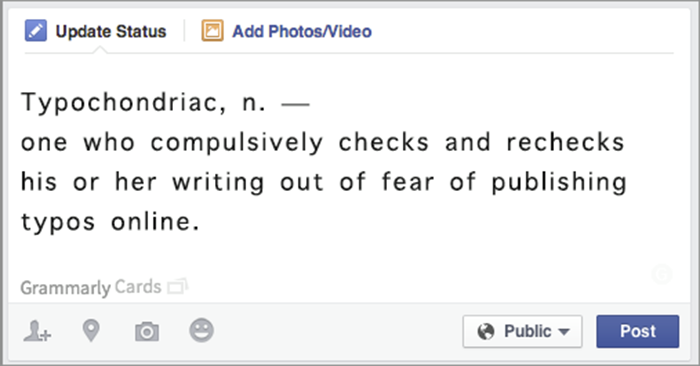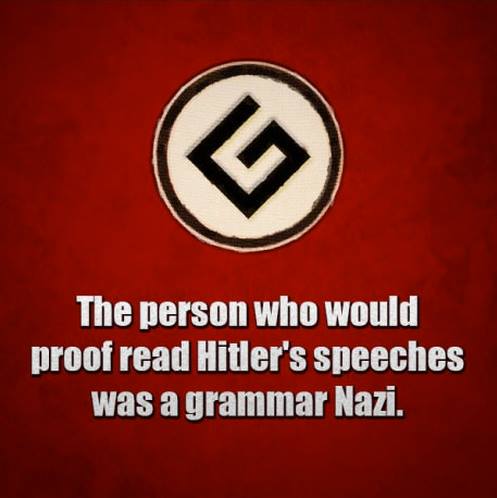Friday Fun


When I am reading a book, there are a few errors that can send me over the edge. Spelling errors? Of course. Homophone errors? Sure. Using an incorrect word over and over again? Absolutely!
Taut and Taunt may sound the same,but these words have very different meanings and are NOT interchangeable.
Taut: tight, pulled firmly; tense
Taunt: to say insulting things to (someone) in order to make that person angry; to tease sarcastically, ridicule or jeer


I just finished a sample edit for an author about WW II and it reminded me that I haven’t shared this meme yet.

Here is a video that made me laugh and laugh. Hopefully it will make you laugh too. (And not offend anyone in the process.)
Do you have a favorite book? Or a list of favorites?
Worse and worst are often misused in the English language. Here is a simple definition describing when to use them correctly.
Worse: Use worse to compare two things. Think of it like better only in the negative instead of the positive.
Example: My husband’s singing is worse than mine.
Worst: Use worst when one thing is inferior to something else. Think of worst like best, only in the negative.
Example: My husband has the worst singing voice in the world.
***Note: My husband really doesn’t have the worst voice, he just has the worst time remembering the correct lyrics to songs, which is worse.
Do you have a preference? If it’s a Reader, which one do you use?

Here is a quick and easy way to remember this Tuesday Tip.
Passed: past tense of the verb pass
Example: He passed the note to the girl in his class.
Past: a noun or an adjective. Noun – the time before the present; Adjective – finished, completed, in the past
Example: You cannot live in the past.
Here is a fun and easy sentence to help keep things clear.
